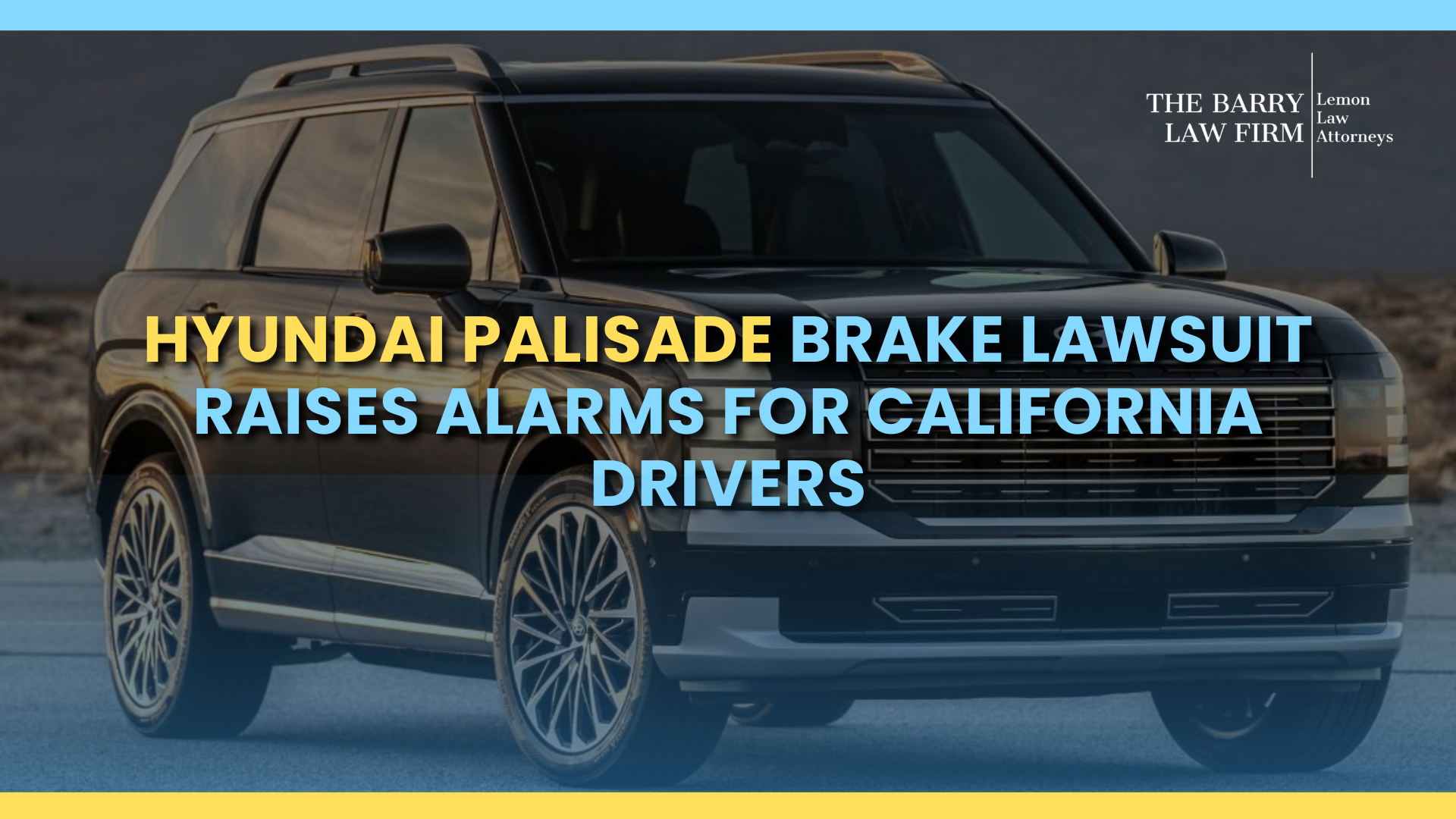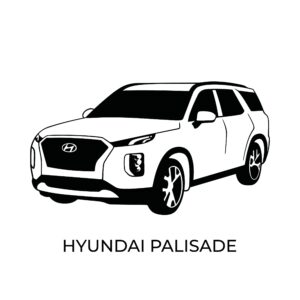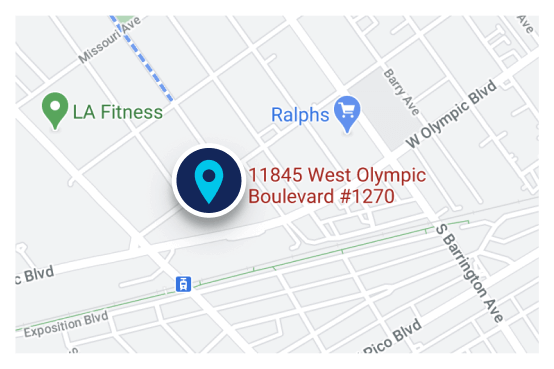
The Hyundai Palisade—a flagship SUV for families and commuters alike—is now facing legal scrutiny after multiple reports of serious brake defects. A recently filed Hyundai class action lawsuit claims the SUV suffers from a potentially dangerous issue with its ABS and traction control systems. Drivers allege that the Palisade brake problem can result in longer stopping distances and unpredictable braking behavior, especially on uneven roads. The lawsuit is shining a spotlight on the manufacturer’s possible prior knowledge of these issues and failure to act in time.
At The Barry Law Firm, we’re closely monitoring the unfolding Hyundai Palisade brake lawsuit and what it means for California consumers. Whether you’re driving to work or picking up your kids, your SUV should be safe and responsive. Sadly, for many Hyundai drivers, this trust has been shaken. If your 2023–2025 Palisade is exhibiting brake issues, you may have more than a mechanical problem—you may have a legal claim under California’s Lemon Law.
In this article, we’ll break down what’s happening with the Hyundai brake defect, how it could affect your safety and finances, and what steps you should take if you’ve been impacted by the 2023 Hyundai Palisade recall or similar brake-related concerns.
What’s Happening with the Hyundai Palisade Brake Lawsuit? 
According to court documents and multiple consumer complaints, the Hyundai Palisade is at the center of a growing Hyundai brake defect controversy. The class action lawsuit alleges that the SUV’s ABS system misreads wheel speed when braking over rough or uneven pavement. This malfunction reportedly causes the system to either momentarily release or inconsistently reapply the brakes—leading to delayed stops and dangerous driving conditions. For an SUV marketed as safe and reliable, this is a deeply troubling failure.
The legal filing focuses on 2023, 2024, and 2025 model years, and includes specific claims from drivers in New York and Ohio who report repeated issues with their vehicle’s braking. One alarming complaint submitted to the National Highway Traffic Safety Administration (NHTSA) involved a low-speed incident where the SUV failed to stop properly until the emergency braking system engaged. Such reports suggest that the Palisade brake problem is not only real but poses a direct risk to the public.
What makes this Hyundai class action lawsuit especially significant is the allegation that Hyundai knew about the defect during pre-production testing. The plaintiffs argue that Hyundai released the vehicle anyway, despite being aware of the risks. With more complaints appearing across online forums and NHTSA databases, the mounting pressure could lead to wider legal consequences—and possibly a broader recall.
Owners have reported inconsistent responses from dealerships—some service centers claimed the issue was “within spec,” while others were unable to diagnose the problem altogether. This inconsistency has left many consumers frustrated, confused, and without a reliable solution. Many owners have tried multiple repair attempts, only to see the problem return, sometimes worse than before.
The lawsuit also raises questions about Hyundai’s safety testing protocols and whether similar braking systems were used in other models. If this brake defect is tied to a systemic design flaw, other Hyundai SUVs could be at risk as well. As litigation progresses, more information may surface about Hyundai’s internal testing, product development decisions, and risk assessments. Consumers and safety advocates alike are urging the automaker to take accountability.
At the heart of the issue is driver safety. ABS and traction control systems are meant to prevent skidding and enhance braking performance—not cause confusion or danger. When a vehicle’s safety features malfunction, it not only undermines confidence in the car, but also puts lives at risk. This Hyundai Palisade brake lawsuit is a reminder that even the most trusted manufacturers must be held accountable when their vehicles fail to meet basic safety standards.
Why This Matters for California Drivers
California roads demand reliability—especially from family SUVs like the Hyundai Palisade. From navigating L.A. freeways to maneuvering through hilly residential neighborhoods, dependable braking performance isn’t optional—it’s essential. When your vehicle fails to stop as expected, you’re not just inconvenienced—you’re endangered.
For Palisade owners in California, this isn’t a distant legal story. The 2023 Hyundai Palisade recall may be limited in scope today, but the number of consumer complaints and pending litigation suggests the problem could be far more widespread. Many drivers don’t even realize their vehicle is affected until they experience a near miss or are told by a technician that “everything looks normal”—despite recurring brake concerns.
If you’ve experienced Hyundai SUV brake failure or noticed unpredictable braking behavior, it’s critical to act fast. Keep in mind: manufacturers often attempt to minimize the severity of a defect until public and legal pressure forces them to act. That’s why it’s so important to document your experience and seek help before it escalates into something more serious.
As a California driver, you have some of the strongest consumer protection laws in the nation—including the Lemon Law, which gives you the right to seek compensation for defective vehicles that can’t be fixed after reasonable attempts.
What Hyundai Palisade Owners Should Do Now 
If you own or lease a 2023–2025 Hyundai Palisade and suspect your vehicle may be part of the Hyundai Palisade brake lawsuit or an undeclared safety issue, there are steps you can take right now to protect yourself and build your case.
Start by documenting the symptoms of your Palisade brake problem. Keep a detailed log of every incident: when it happened, what the road conditions were like, how the vehicle behaved, and any warning lights that appeared. Record service visits, dealership responses, and any attempts to fix the issue—even if the dealer claims there’s “nothing wrong.”
You should also check for active recalls by visiting nhtsa.gov/recalls and entering your Vehicle Identification Number (VIN). While the 2023 Hyundai Palisade recall may not cover every brake issue reported, this resource will confirm whether your SUV is officially flagged for repair.
Finally, speak to a Lemon Law attorney before the problem gets worse. Even if you haven’t been in an accident, recurring issues with the brakes—especially those involving safety—may entitle you to a refund, replacement, or cash settlement under California law. Don’t assume you need to wait for an official Hyundai recall before taking legal action.
How The Barry Law Firm Can Help
At The Barry Law Firm, we specialize in helping California consumers take legal action against manufacturers when their vehicles fail to meet quality and safety standards. If your Hyundai Palisade has been in the shop repeatedly for brake problems, fluid leaks, or failed repairs, you may be entitled to a refund, replacement, or cash compensation under California’s Lemon Law.
Why Work with The Barry Law Firm?
- Lemon Law Expertise – We specialize in California Lemon Law cases and know how to hold manufacturers accountable.
- No Upfront Costs – The California Lemon Law requires the manufacturer to pay our fees. That means, at The Barry Law Firm, we will never charge you, no matter the outcome of your case.
- Proven Success – We have helped thousands of consumers obtain favorable settlements for their defective vehicles.
- Personalized Attention – We handle all legal paperwork and negotiations so you don’t have to deal with the stress.
If Hyundai’s dealership or recall fix hasn’t resolved your Hyundai Palisade brake defect, you may have a case. Contact us to explore your options.
Conclusion
The Hyundai Palisade brake lawsuit is a wake-up call for consumers across California. When critical safety systems like your braking system fail, it’s not just your vehicle’s performance at stake—it’s your peace of mind, your finances, and your family’s safety. The allegations in this Hyundai class action lawsuit raise important questions about transparency, accountability, and the automotive industry’s duty to protect its drivers.
If you’ve noticed symptoms of Hyundai SUV brake failure—whether it’s inconsistent stopping, skidding, or long braking distances—you’re not alone. This isn’t just a mechanical nuisance; it could be a sign of a deeper defect that Hyundai is still working to address.
Ignoring the problem won’t make it go away. The longer the issue persists, the more at risk you are for a potential accident or long-term damage to your vehicle. Your rights as a California consumer include legal protections that many drivers are unaware of—until it’s too late. Whether your SUV is part of the 2023 Hyundai Palisade recall or not, you may still be eligible for relief under California’s Lemon Law.
At The Barry Law Firm, we believe no driver should have to live with a dangerous vehicle, especially when manufacturers fail to act. If your Palisade has become a source of stress, safety concerns, or has repeated repairs, you may be protected under California’s Lemon Law. We’re here to help you explore your rights and take action.
Contact us today for a FREE consultation. Let us help you turn the page on your Palisade brake problem—and get back to driving with confidence.



